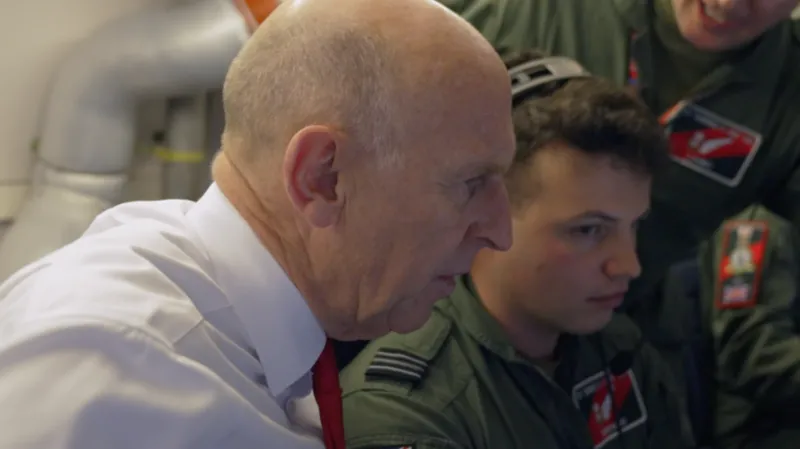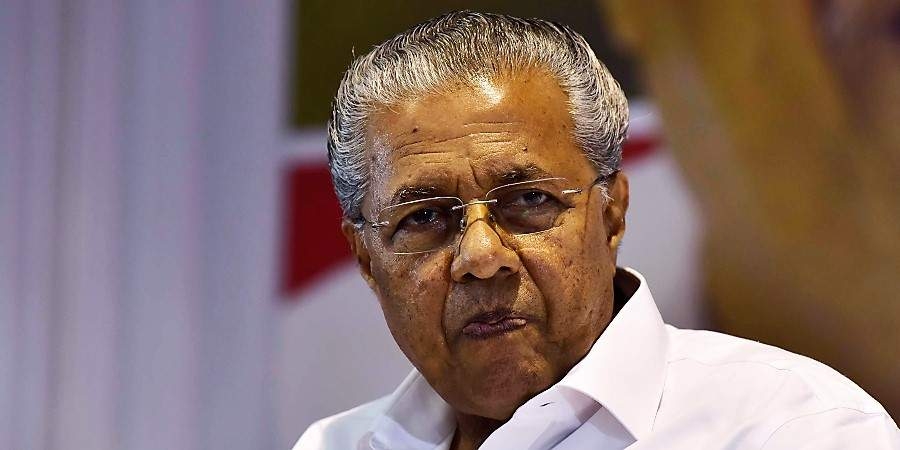
The RAF and Royal Navy have intensified their surveillance of the North Atlantic, a region where Russian submarine movement has sharply increased. Patrol flights are now taking place almost daily — and in some cases, around the clock — with support from other NATO partners.
In a rare move, BBC News was granted access to join the UK defence secretary aboard one of the RAF’s advanced P-8 Poseidon aircraft, marking the first time media has been permitted to witness an active patrol mission.
Inside the aircraft, a small crew monitors a wall of classified screens, tracking activity both above and below the ocean. The P-8, though resembling a Boeing 737 from the outside, is essentially a modern reconnaissance platform equipped with powerful sensors, cameras, listening systems and anti-submarine technology. Its intelligence systems are so sensitive that journalists were barred from filming inside.
“Russia is probing and testing us constantly,” Defence Secretary John Healey said during the flight. “These patrols are our message to President Putin: we see you — and we are tracking your submarines.”
The mission initially focused on scanning surface vessels, flying at low altitudes to inspect suspicious activity. The RAF and Royal Navy have previously monitored Russian intelligence ships, including the vessel Yantar, which drew attention last year for operating near vital undersea communication cables in the Irish Sea.
NATO officials have grown increasingly alarmed that Moscow could target underwater fibre-optic cables — a move that could cripple global internet and communications networks as part of hybrid warfare.
As the patrol continued, the RAF team shifted to submarine hunting. The aircraft carries 129 sonar buoys, launched one by one into the ocean to detect underwater movement. A burst sounds as each buoy is deployed, parachuting into the sea to begin listening for hidden vessels. Although the P-8 is capable of carrying torpedoes, none were visible during the mission.
Locating a submarine, one crew member admitted, remains a challenging task. But with NATO surveillance networks and experience in reading the signature sounds of Russian subs, UK forces say they are increasingly prepared for underwater shadow games in the Atlantic.



